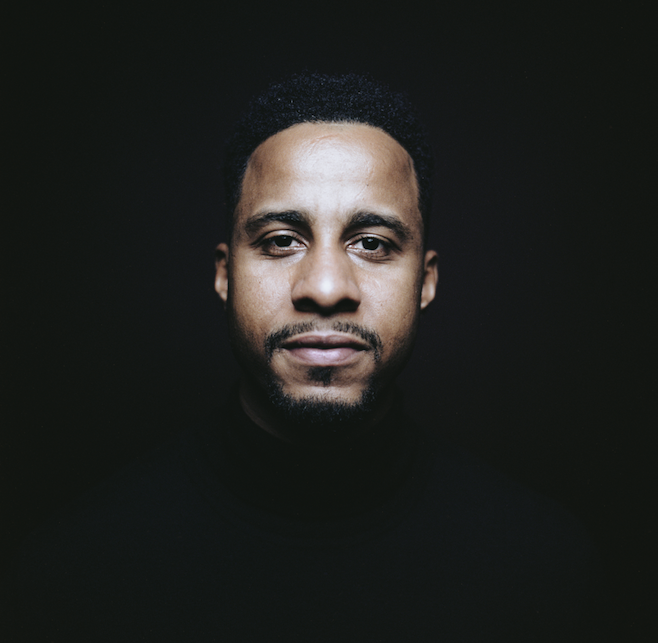NOVEMBER 2nd - NOVEMBER 16th, 2021
HEALING-CENTERED EDUCATION:
A PRIMER
ONLINE COURSE WITH DR. ANGEL ACOSTA
ON THE EMERGENCE OF A RESTORATIVE PARADIGM
TUESDAY NIGHTS 6PM TO 9PM EASTERN TIME
OVERVIEW
Drawing on extensive doctoral research and professional practice, this course invites participants into an exploration of how practitioners and scholars have deliberately integrated the notion of healing into K-12 curriculum and professional education. The evolution of restorative justice, social-emotional learning, mindfulness, and trauma-informed teaching reveals a kind of momentum that situates the emergence of the restorative and healing-centered paradigm in educational discourse, practice and research.
With the many challenges and crises unfolding before us--ecological disequilibrium, political polarization, socio-economic inequality and health disparities--people who are interested in educating others are challenged with how to take care of themselves, those who they teach and the communities within which they work. Also, the COVID-19 global pandemic has exacerbated the preexisting conditions that communities, especially those who are most vulnerable, have to contend with.
This course will provide a foundation for thinking, researching and integrating healing-centered education into one’s professional teaching philosophy and practice. It will be a space to meet others and build a robust community of people who want to build a world where we can all thrive and flourish. Below are some of the questions that will be explored:
-
How do we define healing, especially in relation to educational processes as opposed to medical ones?
-
What do we learn about healing-centered education from Indigenous scholarship and cultures?
-
Where is there evidence of healing-centered pedagogies within higher education?
-
Where is there evidence of healing-centered pedagogies within K-12 school curricula?
-
How do healing-centered approaches to community organizing and social justice contribute to this emerging paradigm?
-
How have healing-centered approaches been integrated into adult education & professional development, especially in regards to work on justice, equity, diversity and inclusion?
-
What does it mean to enact a healing-centered approach in your educational practice?
-
What does it mean to take a healing-centered approach to formal scholarship and qualitative research?
- How do the disruptions in the field of design connect to and inform the evolution of this paradigm within education?
Core Objectives
-
Develop an understanding of the healing-centered and restorative turn in education
-
Network with newcomers and expert practitioners who are integrating similar approaches in their consulting and instructional practices
-
Contribute to the growing number of scholarship and experiences that canonize and move this paradigm forward
What to expect
-
Interactive lectures
-
Community building activities
-
Facilitated restorative circles
-
Contemplative & embodiment practices
-
A reasonable reading load of thought-provoking material
- Surprise visits from thinkers in the field
WHO IS THIS COURSE FOR? ALL ARE WELCOME
Educators, Diversity, Equity and Inclusion Consultants, Therapists, Psychologists, Researchers, Teachers, Parents, Artists, Somatic Practitioners, Activists, Aspiring Activists & Anyone interested in building community and exploring the healing-centered paradigm.
Dates & Times
Tuesday, November 2nd, 2021
6:00PM-9:00PM (Eastern Time)
Tuesday, November 9th, 2021
6:00PM-9:00PM (Eastern Time)
Tuesday, November 16th, 2021
6:00PM-9:00PM (Eastern Time)
00
DAYS
00
HOURS
00
MINS
00
SECS
Instructor
For the last decade, Dr. Acosta has worked to bridge the fields of leadership, social justice, and mindfulness. This course is based on his doctoral research at Teachers College, Columbia University.

Price & Registration
We will teach the course again in the coming months. Please sign up to be updated on when registration opens. We want to make this course accessible. We will offer four tiers based on your relative financial needs & standing.
FAQ
What if I miss a live course session?
How much does it cost to participate in the course?
Is there financial assistance available?
What if I want to purchase register multiple people?
Is there a refund policy?
What technology will I need to participate?
Where can I find Zoom links to join live sessions?
Why pay for this?
How do we access course reading materials?
What if I didn't get to register for the course?
Partners






